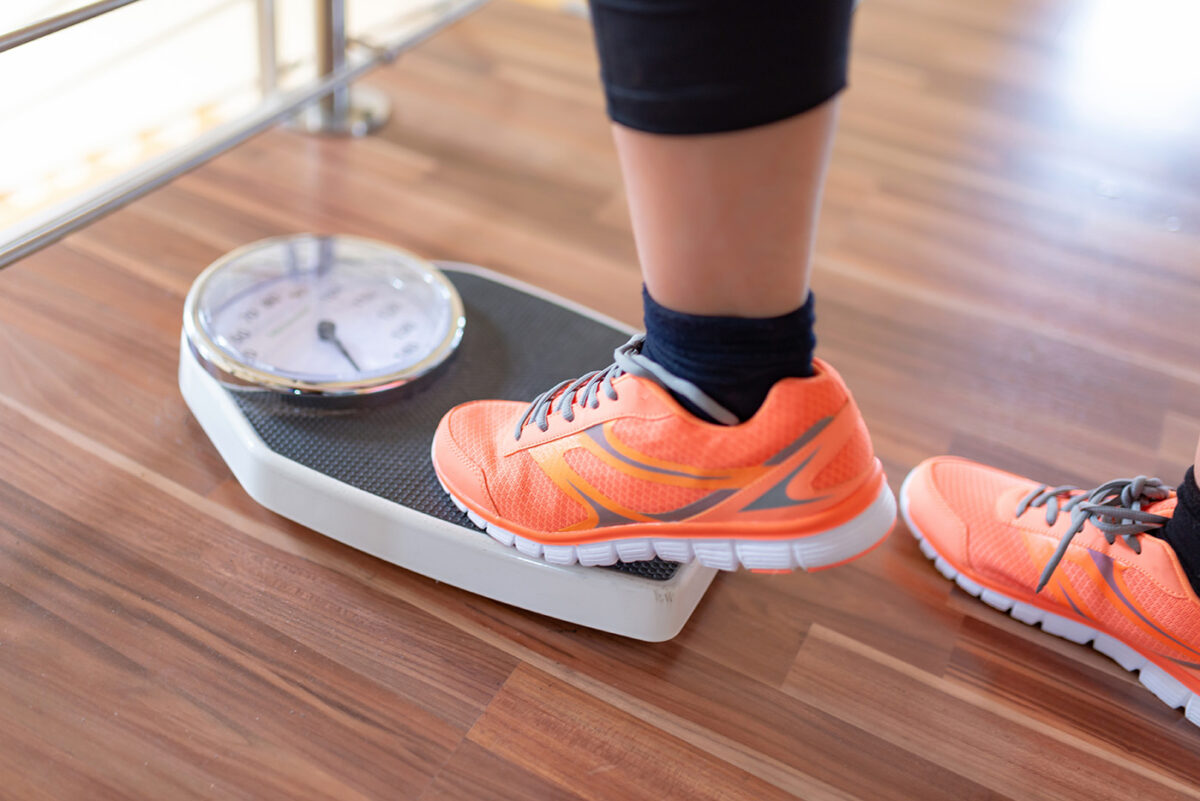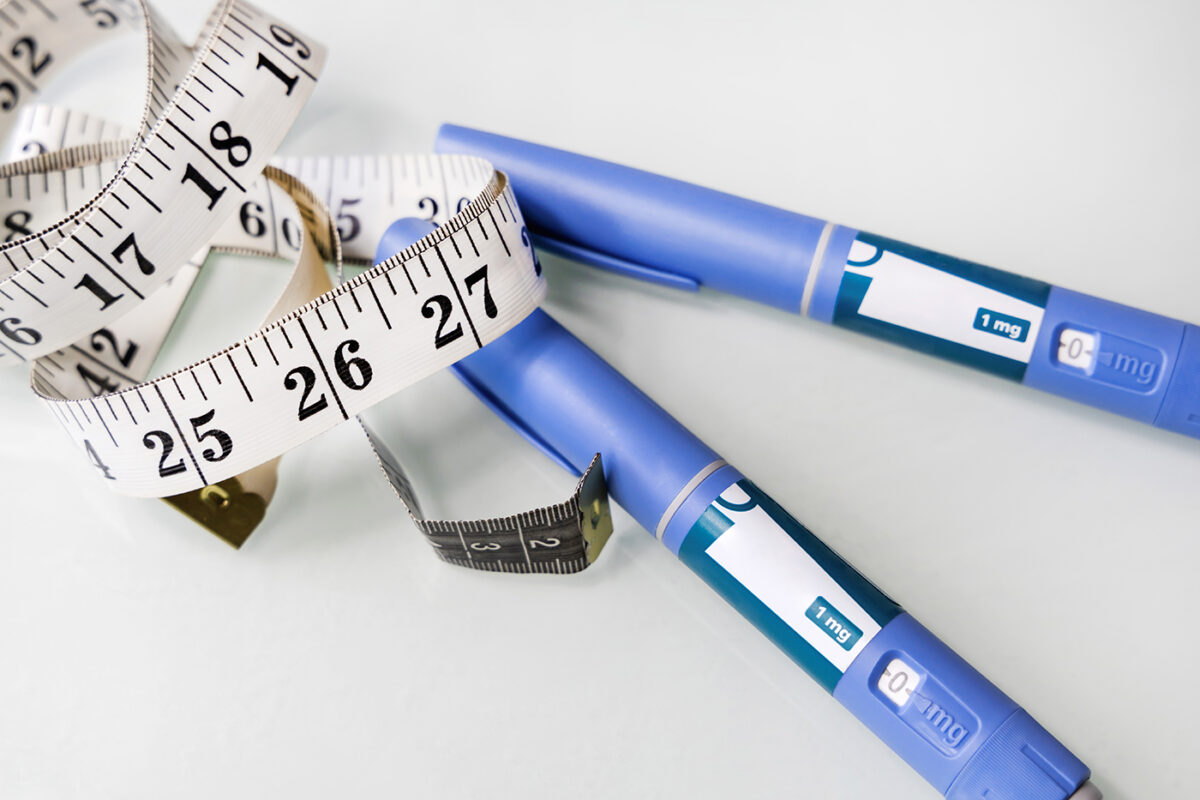
According to a new report from Trust for America’s Health, 36.4% of Arkansas adults are obese, the ninth-worst rate of obesity among all states in the U.S.
The annual report, “State of Obesity 2021: Better Policies for a Healthier America,” released Wednesday (Sept. 15), uses 2020 data collected by the Centers for Disease Control and Prevention’s (CDC) Behavioral Risk Factor Surveillance System to identify key obesity trends at the state and national levels.
According to this year’s report, Arkansas is one of 16 states with obesity rates at or above 35%, an increase of four states from the previous year. In last year’s report, Arkansas’s obesity rate was ranked as the third-worst in the country at 37.4%. While the new data show some slight improvement, the decrease of 1 percentage point is within the report’s margin of error of plus or minus 2 percentage points.
This year’s report also highlights the COVID-19 pandemic’s impact on adult obesity. A February 2021 American Psychological Association survey conducted by the Harris Poll found that 42% of adults in the U.S. reported undesired weight gain since the start of the pandemic. The average reported weight gain among that group was 29 pounds. Parents and essential workers reported the highest weight gain, with 51% of parents reporting an average weight gain of 36 pounds and 50% of essential workers reporting an average weight gain of 38 pounds. Interestingly, the study also notes that approximately 19% of adults reported undesired weight loss during the pandemic.
Analyses by ACHI and partners at the Arkansas Department of Health have demonstrated another connection between the pandemic and obesity: increased risk of severe outcomes from COVID-19 among those with obesity-related conditions such as diabetes. For example, we found that a person with diabetes is 1.7 times more likely to require hospitalization and 1.6 times more likely to require admission to an intensive care unit if infected with COVID-19.
The “State of Obesity” report also highlights the impact of social determinants of health on the nation’s obesity rates. Social determinants of health are conditions in the environments where people are born, live, work, play, worship, and age that impact a broad range of health, functioning, and quality-of-life outcomes. Arkansas is ranked 48th in the report’s social determinants of health index, meaning that these conditions are better in 47 states than in Arkansas. The index considers 17 different measures across five interrelated domains: healthcare access, food access, resource access, housing and transportation, and economic security.
The report includes several recommendations for policies that could be adopted at the federal, state, and local levels to combat obesity-related challenges, highlighted in a news release issued along with the report. These include:
- Expanding access to health insurance, including through the extension of Medicaid (which Arkansas has done through its early adoption of Medicaid expansion).
- Increasing funding for the CDC’s National Center for Chronic Disease Prevention and Health Promotion.
- Making healthy school meals free for all students.
- Closing tax loopholes and eliminating business-cost deductions for the advertising of unhealthy food and beverage choices.
- Increasing the price of sugary drinks through an excise tax.
- Ensuring that all residents have safe and convenient access to walking and biking trails, including safe routes for students to walk or bike to school.
There have been concerted efforts in Arkansas to address the state’s obesity crisis. Since 2015, the governor-endorsed Healthy Active Arkansas initiative has sought to improve the state’s consistently poor obesity ranking, while also encouraging and enabling healthier lifestyles in Arkansas. The initiative is comprised of a coalition of public- and private-sector stakeholders working to engage individuals, communities, schools, employers, and local governments to find ways to make healthy eating and physical activity easier for all Arkansans.






